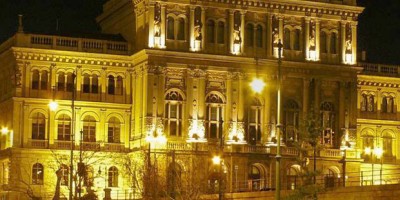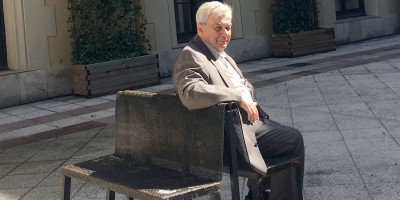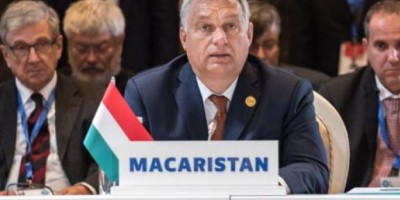
Hungarian Academy of Science reform
the aim is centralized control of science, say researchers
The complete Reuters Digital News Report is available here.

the aim is centralized control of science, say researchers

says Attila Chikán, a minister from the first Orbán’s government, about Hungary’s competitive autocracy. In a long interview with Datalyrics, he also talks about binarity and the reluctance of those who share a similar ideology to call out a fellow’s foul.

portrait of the mind of a popular Czech historian who smuggled radical imaginations from disinformation websites into the mainstream

eminent conservative Christian intellectuals in the West look to new illiberal regimes for succour. Their disappointment is inevitable, COMMENTS Alexander Faludy.